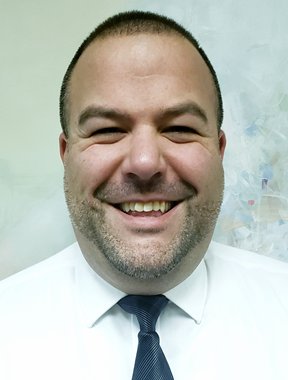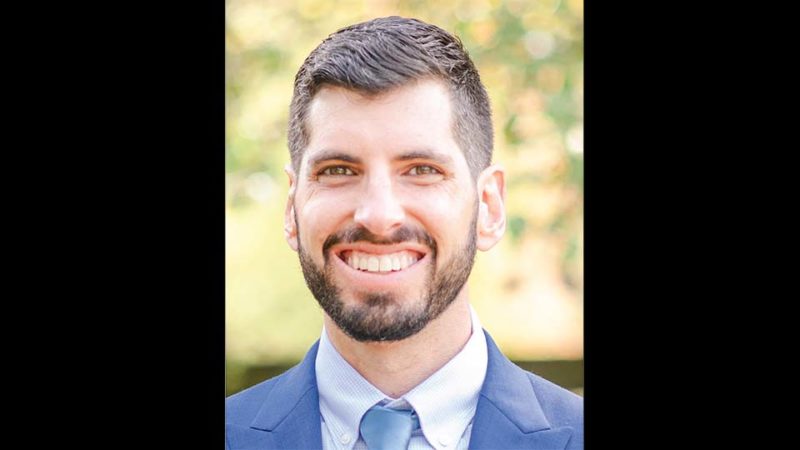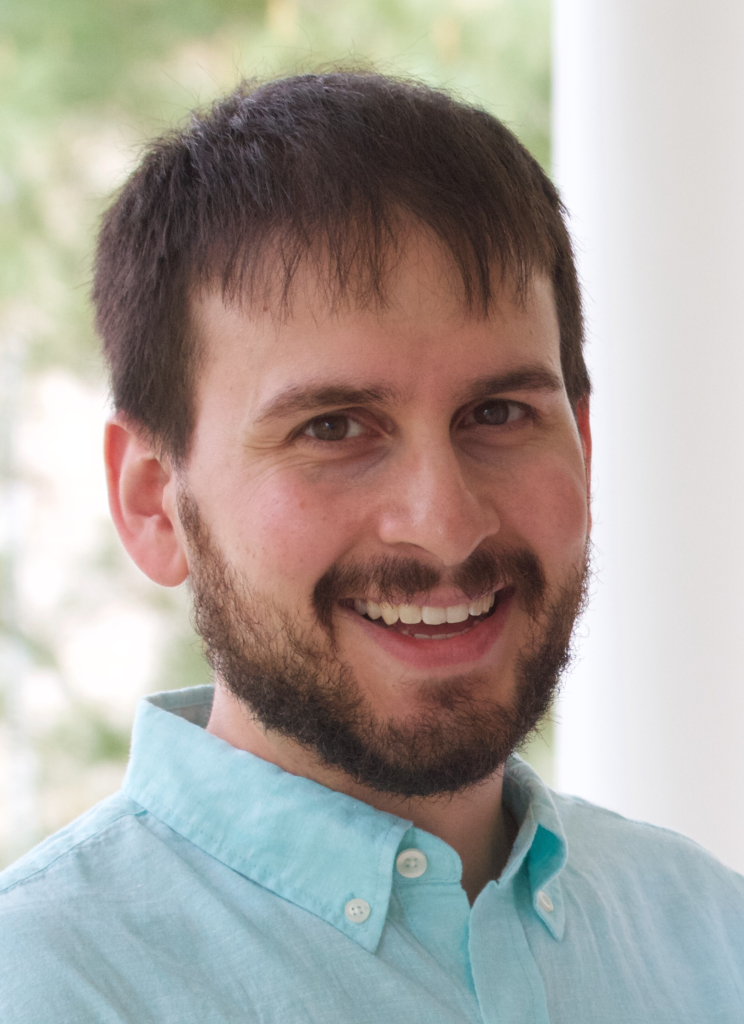Grateful.
The time I’ve spent processing nominations, interviewing nominees, writing their profiles, and working with our panel to select winners of our Inaugural COVID-19 Data Hero Awards left me truly grateful.
With the wealth of resources across the United States and Canada, from a college student tracking cases in the White House to a pediatrician developing and communicating vaccines, I can imagine no greater range of talents than those we showcase in this program.
When I made the decision to start this program in January 2021, I envisioned it as a way to build a map or master directory of sorts so that the public and other experts could learn from those who have made data communication central to their efforts during COVID-19.
While I have spoken to a handful of the people on this list in the past, and have heard of a few dozen more, even I did not appreciate how hard people from all backgrounds and levels of expertise, with limited resources or minimal notoriety, were conquering the virus in their communities through effective communication of data and science.
As the awards portion of our program closes, our directory will continue to grow, so please nominate whoever has been a data hero for you during this pandemic for recognition on our site.
The purpose of this program has always been recognition, not competition. The awards allow us to highlight 26 exceptional data communicators and advocates, but that in no way means that every other person submitted is not equally deserving of praise.
Some of those who we considered as finalists graciously bowed out, wanting to remain in the program but yielding the spotlight to those who have been under cloudier skies.
And while we received nominations for brave heroes like Dr. Cleavon Gilman, who lost his job for simply telling the public that Arizona had no staffed ICU beds, and devoted volunteers like those behind the vaccine-alerts.com project in Oklahoma, we tried to maintain our focus in consideration of the final awards — those who made data, data-driven analysis and science the center of their public communications.
We broke up our list of nominees into five categories. Within each group you’ll find a range of expertise, experience and personalities. We wanted our finalists to represent their peers, while acknowledging the handful who stood out among them.
In the end, the decision to select just one hero per group to recognize as a “winner” became too difficult. So for each cohort of heroes, we decided to recognize a winner, a runner-up, and all other nominees with a reward for their efforts. We also want to reward those who won the public vote through online voting, which more than 35,000 unique IP addresses cast ballots for.
Online Voting Winners:
The Newcomers – Rachel Woodul (North Carolina)
The Press – Mary Landers (Georgia)
The Professionals – Matthew Holloway (Missouri)
The Specialists – Dr. Emily Smith (Texas)
The Provocateurs – Ryan Imgrund (Ontario, Canada)
We also decided to honor three data hero nominees who have spent the last year working on COVID-19 in public service or as volunteers.
After all awards are given, our program will give $10,000 in awards to our finalists – far beyond our original budget of $3,000, but worth every penny.
I have discovered so many amazing new people through this program, and I hope you will, too.
Congratulations to all of our nominees, finalists and winners. The community of resources built during COVID-19 should be widely recognized and celebrated for the efforts they put into this unprecedented time.
Thank you,
Rebekah Jones
Note: All award recipients will be announced at 5:00 PM Eastern Time on Wednesday, March 31, 2021, here on our website and on Twitter.







